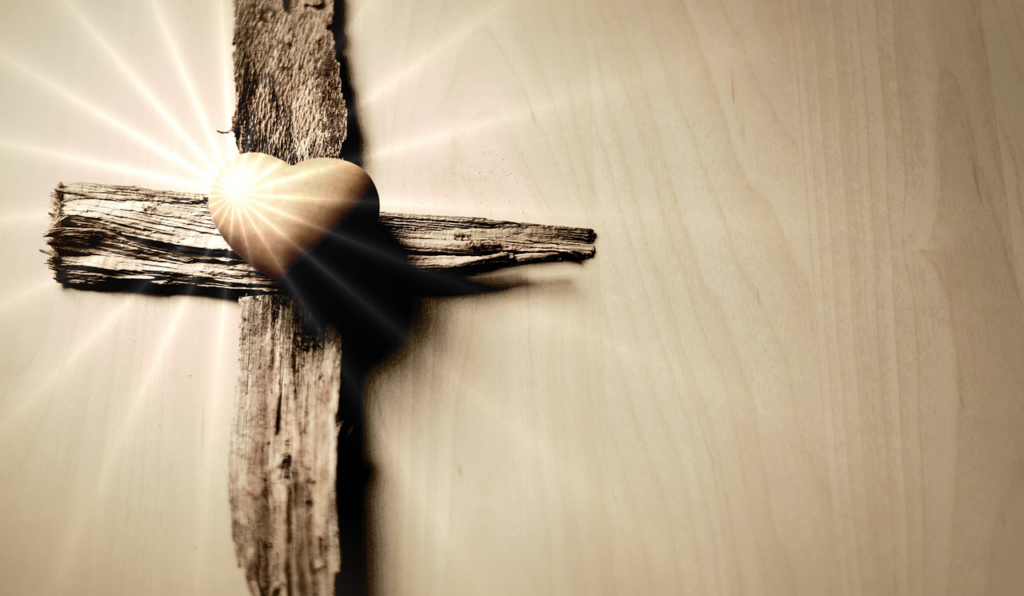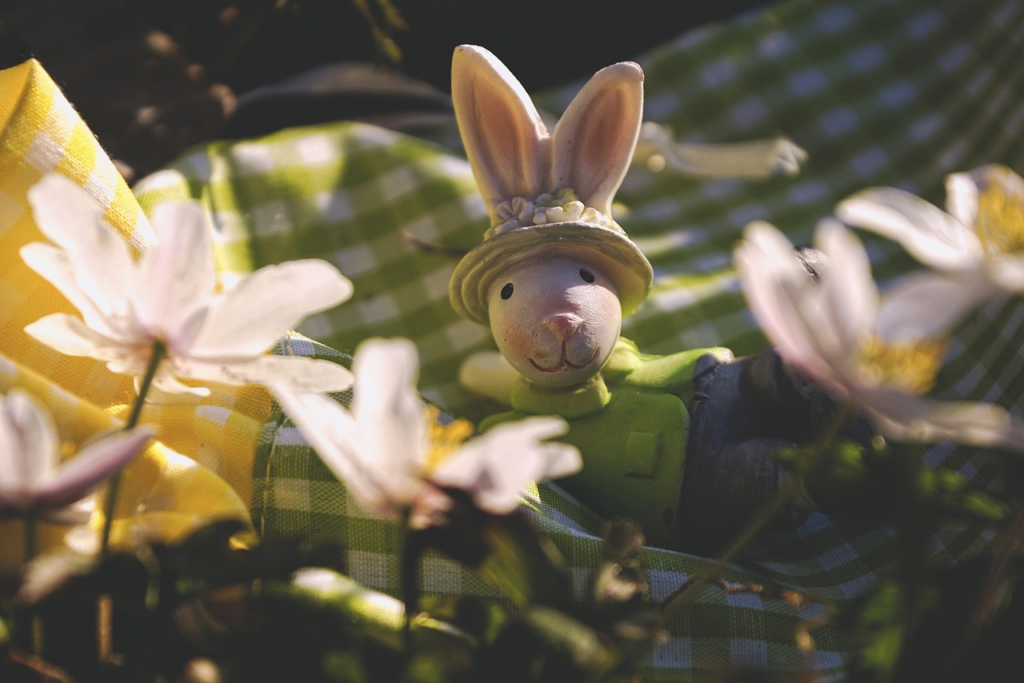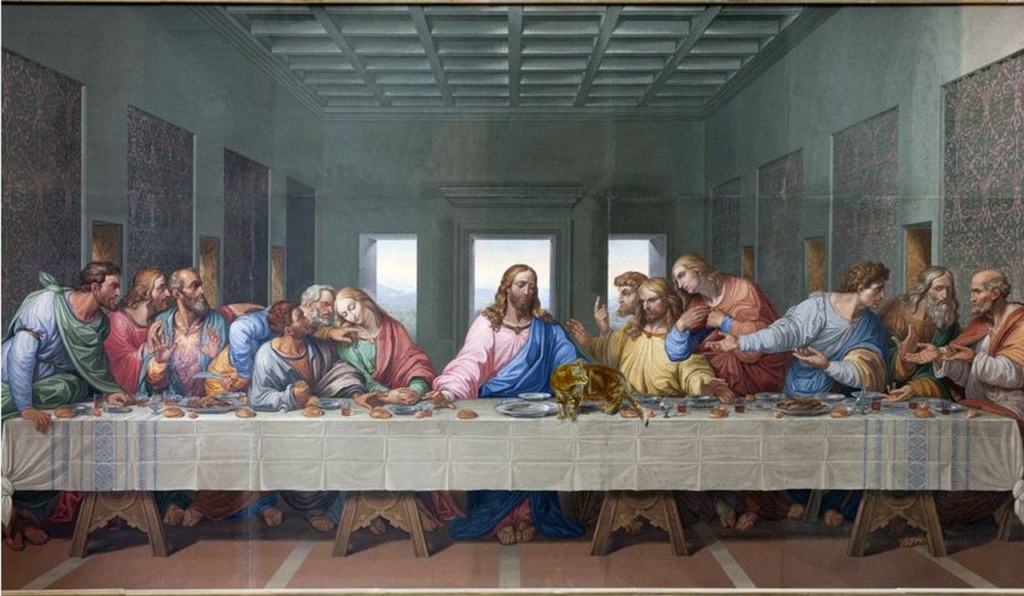Easter is one of the most important celebrations for Christians around the world. For many, it is a time of reflection, renewal and celebration of the resurrection of Jesus Christ. However, beyond chocolate eggs and cuddly bunnies, Easter has deep historical and religious roots that go back millennia.
Easter in Christian Tradition
Easter is the central event in the Christian liturgical calendar and is celebrated by various Christian denominations around the world. In Christian tradition, Easter marks the resurrection of Jesus Christ, which is considered the cornerstone of the Christian faith.
The history of Easter in the Christian tradition dates back to the New Testament Gospels, especially the accounts found in the Gospels of Matthew, Mark, Luke and John. According to these accounts, Jesus was crucified in Jerusalem during the Jewish Passover festival, under the rule of the Roman governor Pontius Pilate. He was sentenced to death by crucifixion after being accused of blasphemy by the Jewish religious authorities of the time.
After his crucifixion and death, Jesus was buried in a tomb, but three days later, on Easter Sunday, he rose from the dead, as prophesied in the Scriptures. Jesus' resurrection is seen by Christians as proof of his divinity and as the guarantee of eternal life for all who believe in him.
Easter is preceded by Holy Week, which begins with Palm Sunday, marking Jesus' triumphal entry into Jerusalem, and culminates on Easter Sunday, the day of the resurrection. During Holy Week, Christians take part in a series of rituals and ceremonies that recall the events of Christ's Passion, including the Last Supper, the crucifixion and the resurrection.

One of the main Easter traditions in the Christian tradition is the celebration of the Lord's Supper, also known as the Last Supper. During this event, Jesus shared bread and wine with his disciples and instructed them to do so in his memory. For Christians, the Lord's Supper is a way of connecting with Jesus' sacrifice and renewing their commitment to their faith.
In addition to the religious aspects, Easter is also celebrated in a secular way by many people around the world, with activities such as egg hunts, decorating Easter eggs and festive family meals. However, for Christians, Easter remains a sacred and meaningful celebration that recalls the death and resurrection of their Savior and Lord, Jesus Christ.
The origins of Easter
The origins of Easter go back to ancient traditions that predate Christianity. The word "Passover" has its roots in the Hebrew "Pesach", which means "passage". Originally, Passover was a festival celebrated by the Jews as part of the spring festivities, marking the liberation of the people of Israel from slavery in Egypt, as described in the book of Exodus in the Old Testament of the Bible.
The Exodus narrative tells how Moses, led by God, led the Israelites out of Egypt after a series of plagues sent to persuade Pharaoh to let them go. The tenth plague, the death of the Egyptian first-born, led Pharaoh to allow the Israelites to leave. To protect themselves from the plague, the Israelites were instructed to mark the doors of their houses with the blood of a sacrificial lamb. This action resulted in the plague passing over the marked houses, hence the term "passage", or Passover.
During the Jewish Passover celebration, families gathered for a ritual known as the Seder, which included the sacrifice and consumption of the Passover lamb and the eating of unleavened bread, symbolizing the haste with which the Israelites left Egypt, without time to leaven the bread.
Over time, the Jewish Passover became not only a celebration of the physical liberation of the people of Israel, but also a feast of spiritual renewal and remembrance of the covenant between God and his chosen people.
When Christianity began to develop as a religion distinct from Judaism, the first followers of Jesus continued to observe the Jewish Passover, but with a new understanding and meaning, in light of the life, death and resurrection of Jesus Christ.
Over time, Christians began to celebrate Easter as a separate festival, marking the resurrection of Jesus. The date of the Christian Easter was established at the Council of Nicaea in 325 AD as the first Sunday after the first full moon following the spring equinox, establishing a symbolic link with spring celebrations and the renewal of life.
The incorporation of Easter by Christians
The incorporation of Easter by Christians was a gradual process that took place over the first few centuries of the Christian era. Initially, Jesus' followers were Jewish and continued to observe Jewish festivities, including Passover, as part of their religious identity.
However, as Christianity began to expand beyond Jewish communities and attract followers from different cultural and ethnic backgrounds, differences emerged in the practice and understanding of religious festivals.
One of the most significant issues was the date of the Passover celebration. While the Jews followed a lunar calendar to determine the date of Passover, the Gentile (non-Jewish) Christians began to adopt a solar calendar. This resulted in disagreements about when to celebrate Easter, since the dates did not coincide between the Christian communities.
In addition, Christians began to reinterpret the meaning of Easter in the light of the life, death and resurrection of Jesus Christ. For them, Passover was not only a commemoration of the liberation of the people of Israel from Egypt, but also a symbol of the spiritual liberation achieved through the death and resurrection of Jesus.
The process of Christians incorporating Easter culminated in the Council of Nicaea in 325 AD, where a consensus was reached on the date of the Christian Easter celebration. It was decided that Easter would be celebrated on the first Sunday after the first full moon following the spring equinox. This established a fixed date for the Christian Passover, separate from the Jewish Passover.
In addition to the issue of the date, Christians also developed their own rituals and traditions for celebrating Easter. This included the observance of Holy Week, which culminates on Easter Sunday, with rituals such as the Easter Vigil, which celebrates Jesus' resurrection, and Eucharistic communion, in which the faithful share bread and wine in memory of Christ.
Thus, the incorporation of Easter by Christians represented not only a change in religious practice, but also a new understanding of the meaning of Easter, as a symbol of Jesus' death and resurrection and the hope of eternal life. This fusion of ancient traditions and new beliefs gave rise to the Christian celebration of Easter, which remains one of the most important and significant festivals in the Christian liturgical calendar.
Easter Today
Today, Easter is celebrated in various ways around the world, both by Christians and by people from different cultural and religious backgrounds. Easter remains one of the most significant festivals in the Christian religious calendar, but it has also acquired secular elements that make it a widely recognized and appreciated celebration.
For Christians, Easter is a period of deep reflection and celebration of the resurrection of Jesus Christ. Holy Week, which begins with Palm Sunday and culminates on Easter Sunday, is marked by a series of rituals and ceremonies that re-enact the events of Christ's Passion, from his triumphal entry into Jerusalem to his crucifixion and resurrection. Christians attend special religious services, such as Good Friday, which remembers Jesus' crucifixion, and the Easter Vigil, which celebrates his resurrection. Eucharistic communion, where the faithful share bread and wine in memory of Christ, is a central part of these celebrations.

In addition to the religious aspects, Easter is also celebrated in a secular way in many places around the world. Secular Easter traditions often include activities such as egg hunts, in which decorated eggs or chocolate eggs are hidden for children to find, symbolizing the joy of the resurrection. Other popular activities include decorating Easter eggs, which can be painted, decorated with stickers or even dipped in special dyes to create colorful patterns.
In addition, many families and communities celebrate Easter with festive family meals, which often include traditional dishes associated with the spring season, such as lamb, fresh vegetables and special breads. Cakes and sweets decorated with Easter themes are also a common part of the celebrations.
For many people, Easter is an opportunity to reunite with loved ones, share moments of joy and gratitude, and renew hopes for the future. Regardless of one's religious beliefs, Easter remains a time of togetherness, generosity and reflection on the deeper meaning of life and death. It is an opportunity to remember the importance of love, compassion and hope, values that transcend borders and unite people from different cultures and traditions all over the world.
See also: Who was St. Jude Thaddeus, the protector of Flamengo?
April 3rd, 2024

She has a degree in Literature - Portuguese/English, and is the creator of the Escritora de Sucesso website. As a writer, she seeks to expand everyone's knowledge with relevant information on various subjects. At Trend-Topics, she brings news and content ranging from entertainment to the country's economic situation.






